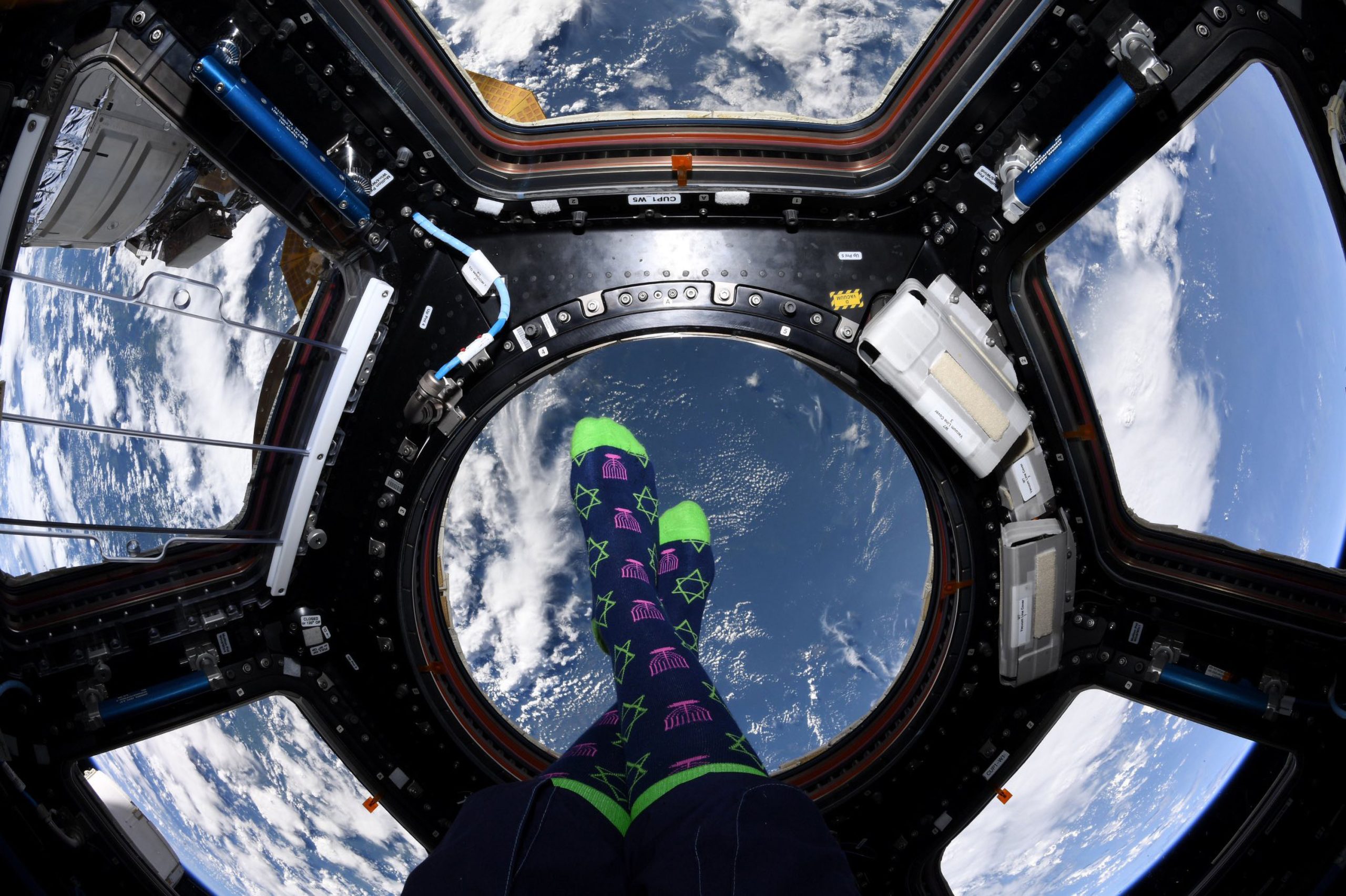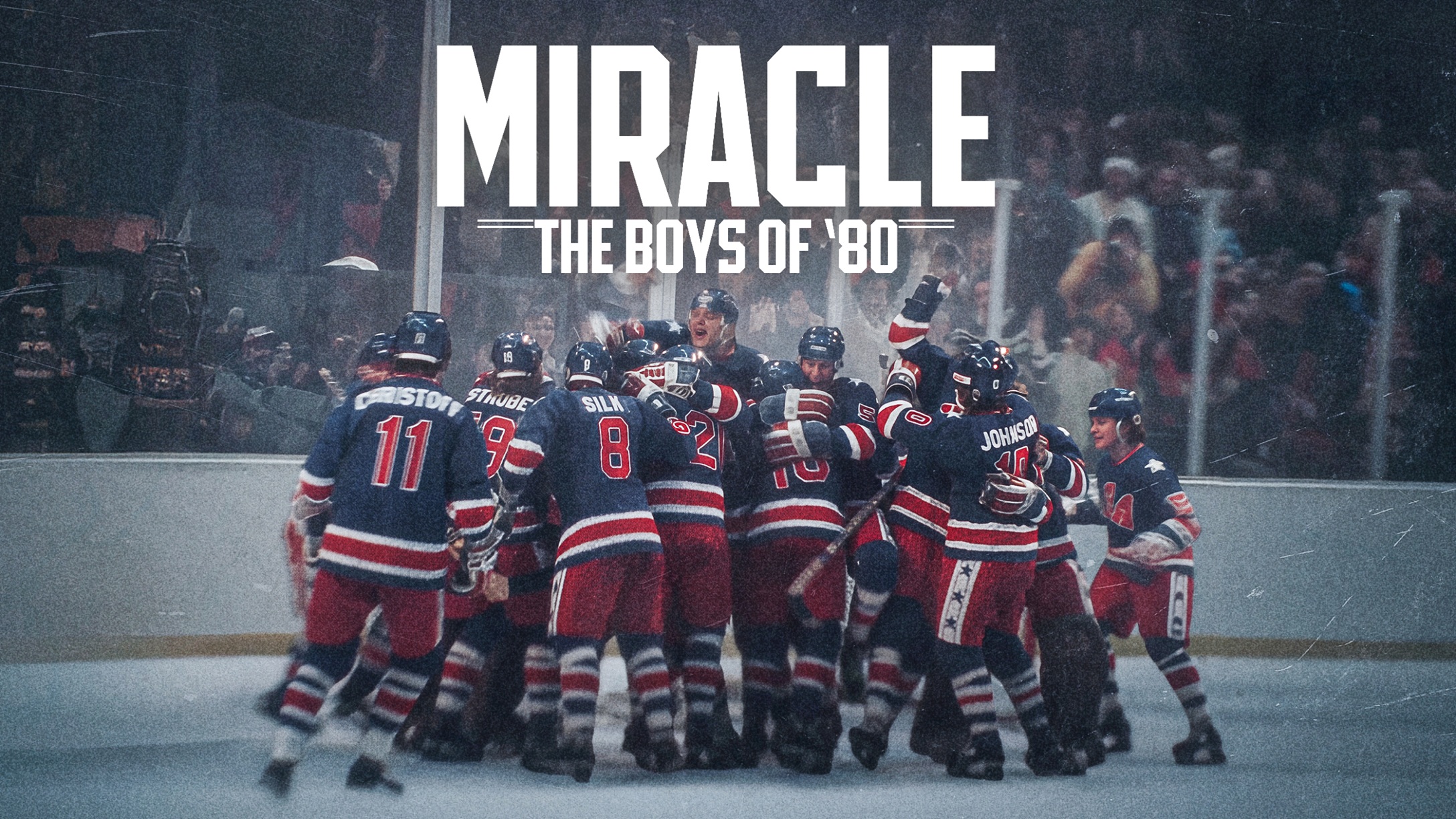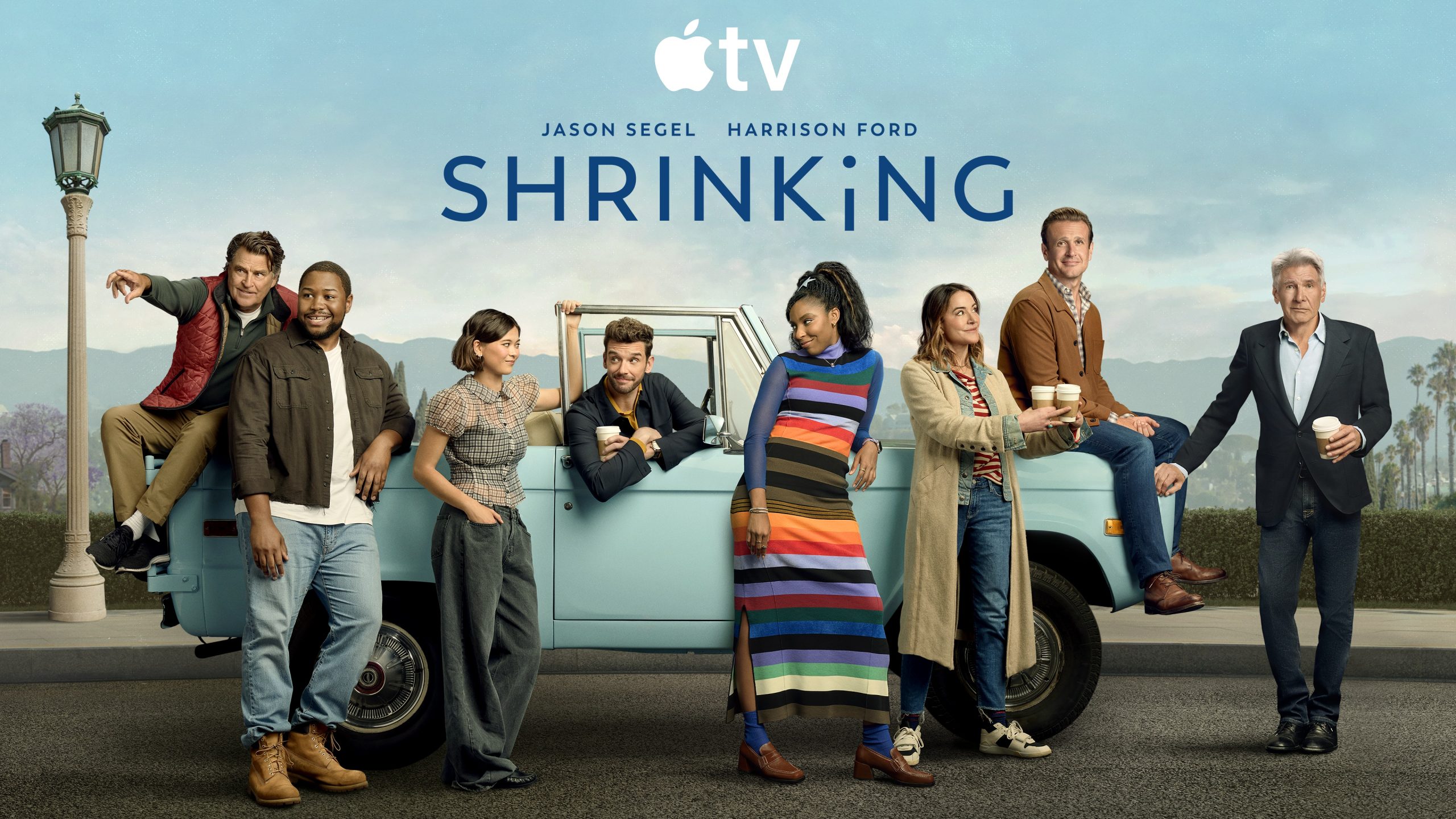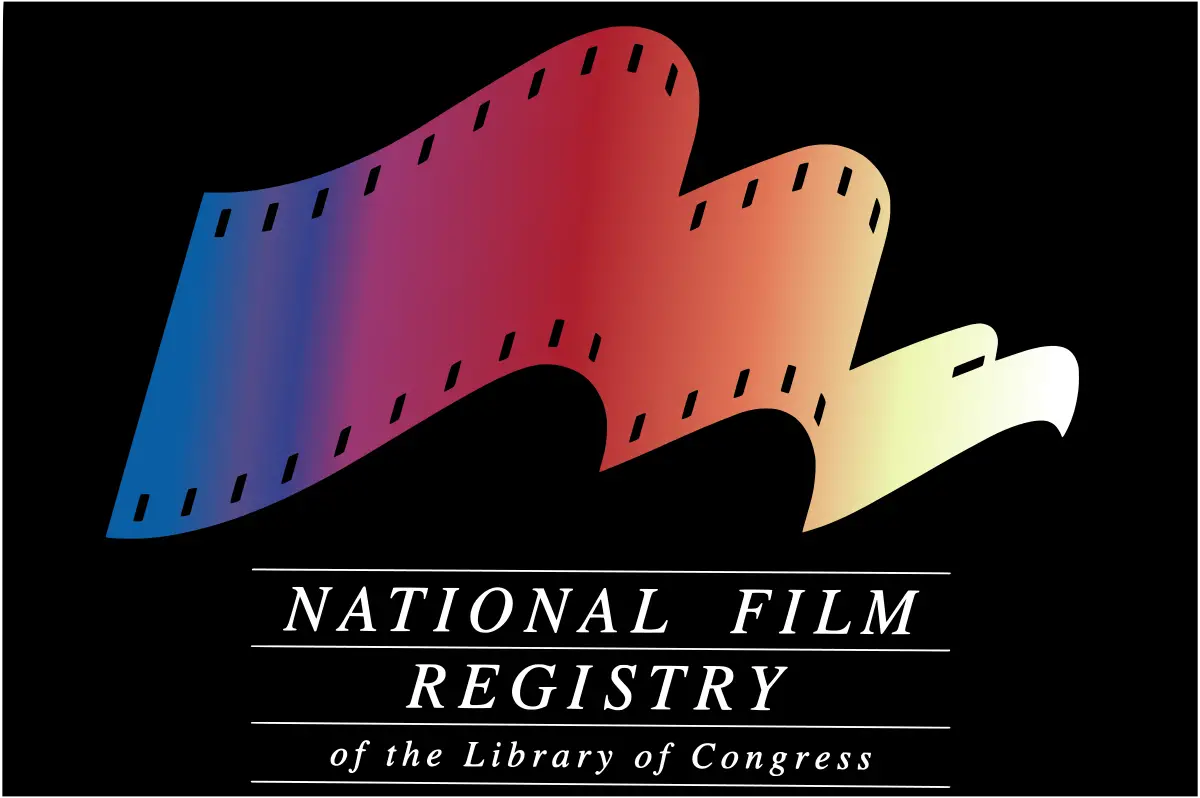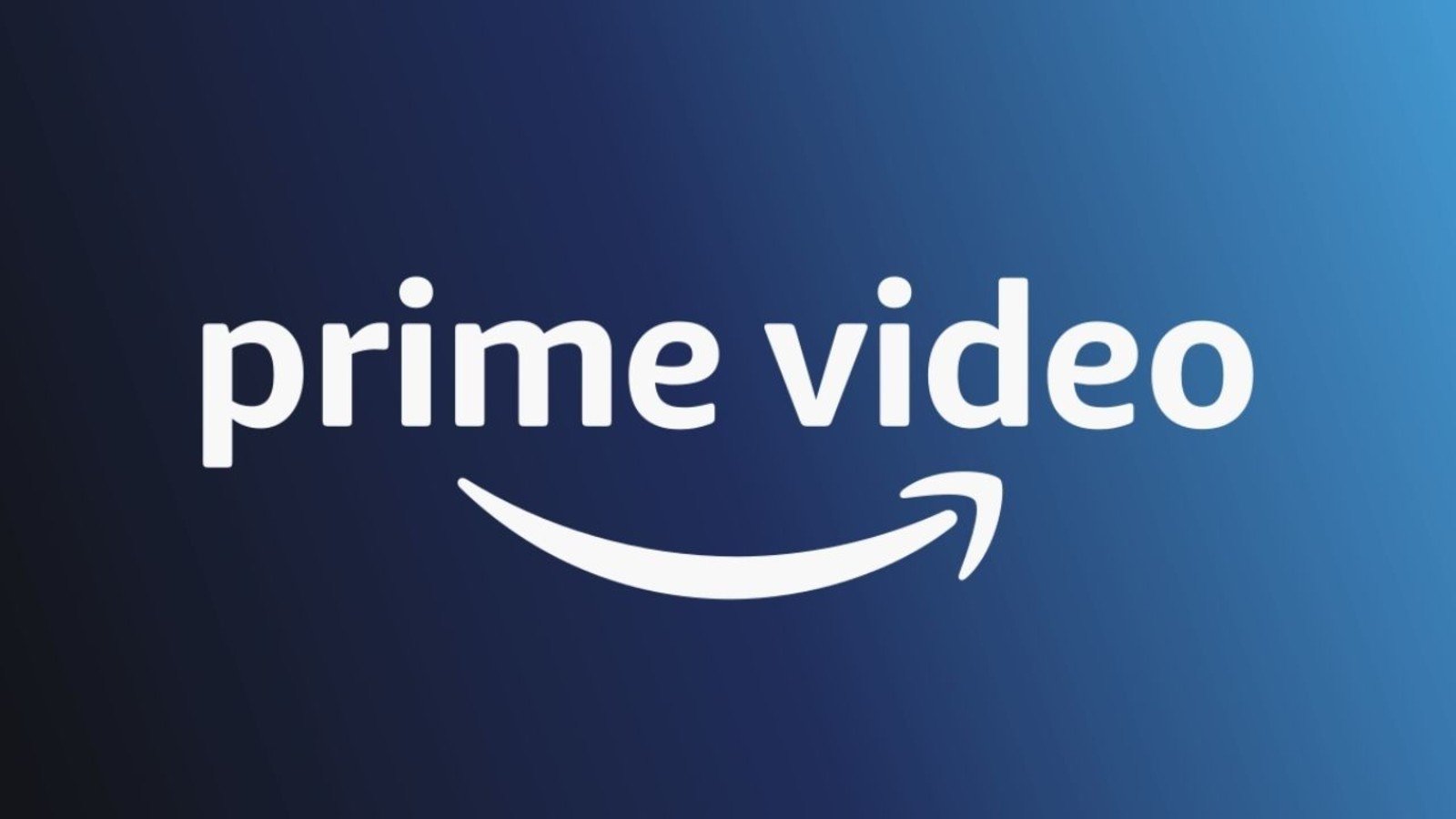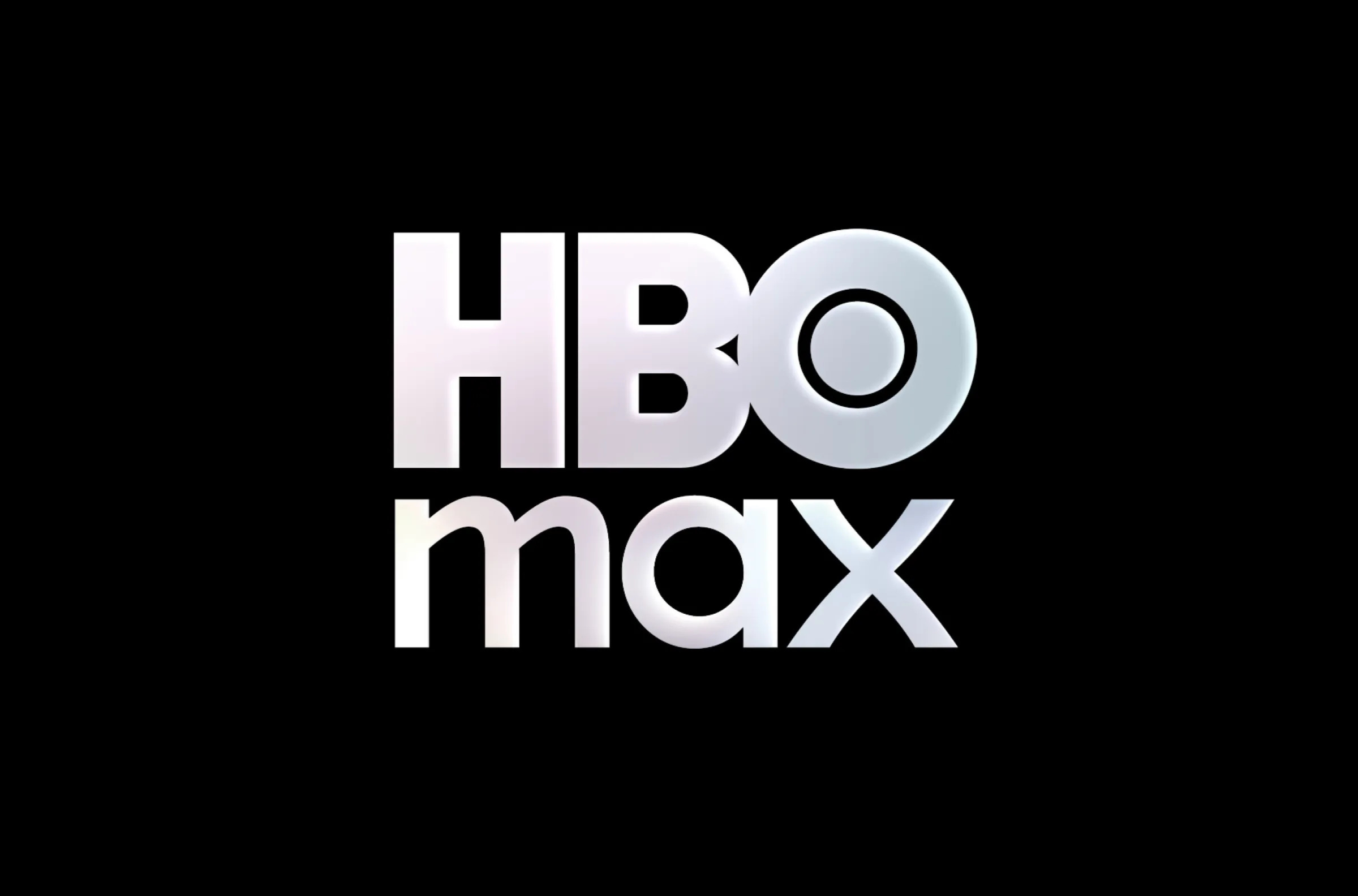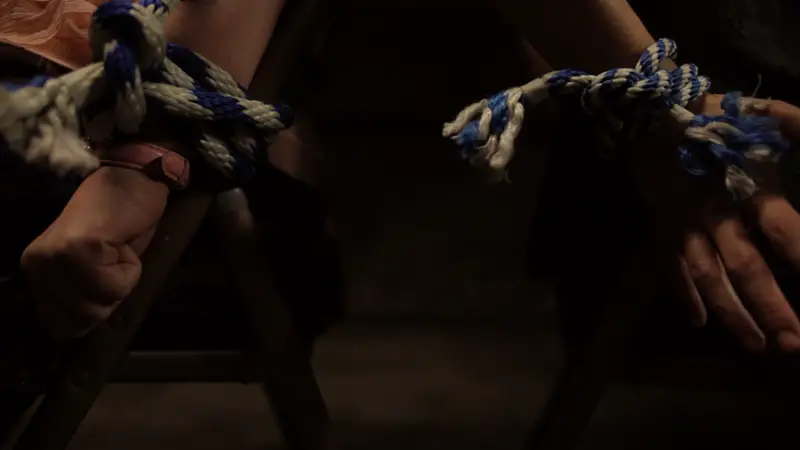
Nick Scown took some time to speak about his new film, Pretty Bad Actress, during a phone interview with Solzy at the Movies.
Thanks for joining us and congrats on the film.
Nick Scown: Thank you. Thanks for speaking to me.
You’re welcome. What was the idea behind Pretty Bad Actress and what films did you look at for inspiration?
Nick Scown: I had the initial idea—I was watching Larry King doing an interview with an actress, Theresa Saldana. She was talking about how she was getting along stalking being a problem. Larry King starts to talk about her attacker and tracking her down, how brutal it was, and he was about to ask her to tell us how it was and he was like, “Hold on a minute, I think we actually have a clip from your film.” She was like, “Yeah.” So they cut to a clip from a TV movie she made where she played herself getting attacked by her stalker. They come back and he’s like, “Why did you decide to make this movie?” She had a very good answer that she was trying to bring more awareness where stalking is a problem.
For me, I feel like there are so many people these days where this kind of tragedy happens in their life and they don’t find a positive way to use it. You see it as a way to increase their own fame or to help their own career. It becomes more important about getting likes and shares for your own tragic story verses something positive. There are things like James Frey’s A Million Little Pieces where people were taking a tragic upbringing and than exploiting it or sensationalizing to further their own career. I just started thinking about the kind of culture we have and Hollywood in particular is one where your career becomes more important than your life. I started thinking about how can you take advantage of things for your career verses how can you do what’s best for you and your personal life. I thought about what would be the most interesting person to have in that type of scenario. Of all the kind of people in Hollywood in general, the child actor stars are the most exploited ones. Oftentimes, they start acting before they have a choice—like the Gary Coleman situation where they’re taking care of their family. A lot times, it gets underplayed because people are taking care of their kids. If you’re someone who was raised in LA in a culture where your only value is can you get an acting job. I thought that would be interesting—something not quite as brutal as the attack but something similar where a tragic thing happens and it’s not seen as (inaudible) but as a great career move. That was kind of the initial spark that I thought about. I love films like Swimming with Sharks, The King of Comedy, The Player, and Heathers—these dark comedies which might be a dark subject or something that isn’t discussed often and you can kind of bring it out and talk about an issue like tragedy explanation and you can enjoy it and find the laughs in it and entertain people in a way that it helps the medicine go down kind of thing.
What does it say when Gloria Green’s manager is more obsessed with the potential for money out of her being kidnapped than her own safe return?
Nick Scown: That’s the kind of thing—Al is the embodiment of a lot of industry culture in LA. People talk about your representation—people only care if you are making them money in some ways. If a client is making them money, you’re going to return the phone call. A studio is only going to hire an actor because their last film or the director made money. Even in the artistic field, a lot of times, choices get boiled down to: are you generating revenue. If you’re not, you get pushed to the sideline rather quickly. I wanted Al to be that mouthpiece for that aspect of filmmaking, which exists—not everyone, obviously, but there is a segment of the people in LA where if you’re not making money if you’re not—there are things where casting films will be how many Twitter followers does this actor have verse that actor. Having a following be popular, producing money becomes more important sometimes than actual talent.
The film makes quite a bit of commentary about the obsessive fan culture. There’s quite a bit of magazine clippings used but not much in terms of social media. Did you ever give thought to adding Twitter or Instagram?
Nick Scown: We did. In some ways, the choice of how do you incorporate it and then, who knows, magazines may disappear completely, too. A lot of movies will have whatever the latest social media thing is at the time. By the time you finish the movie, edit the movie, the movie gets released, Snapchat isn’t the thing the kids are on but something else. If you make it Facebook, kids are like, we’re not on Facebook. I kind of—rightly or wrongly—I was going to stick to TV and magazines. They’ve been around for a long time. I think their going to stick around for at least another decade or so hopefully the film will be dated in that way. I’ve seen in other films where if you start adding that, it becomes difficult sometimes to get it right in incorporating it. Rightly or wrongly, I decided to stick with things that I know will be around for a while.
You’re currently filming Too Soon: The Comedy of 9/11. What can you tell us about this project?
Nick Scown: It’s a really exciting project. I’m working with comedy journalist Julie Seabaugh. We’ve been shooting interviews when we can during the last year and a half, starting with the Montreal Just for Laughs Comedy Festival. We started exploring this idea of tragedy plus time equals comedy. September 11th was kind of this inflection point where comedy literally stopped. Late night talk shows and Saturday Night Live went away. It was 24-hour news. Comedy clubs closed for the first time in their histories for many of them. We have some of our interview subjects saying that it felt like comedy was gone, like we are not going to laugh. There were articles about—satire is dead, irony is dead. We can’t laugh about these things. We’re in a serious world now. It became a real test of what does comedy bring to us as a culture. Why do we need it? We see how the comedians talk about discussions of how do we talk about this on stage? Do we talk about this on stage? Marc Maron got in a fight with a club owner because they don’t want you to talk about it. Dean Obeidallah—a club owner told him to change his name because we don’t people thinking that you’re a bad Muslim. A lot of comics with Arab backgrounds—there were death threats for them. There were a lot of challenges. It’s interesting to see how at the end of the day, what it is the comedy they found was talking about our fears—talking about the things that we thinking about don’t verbalize, which is what lot of comedy is. It is a rewarding project to work on to see how comedy helps people and to take something that’s dark and depressing as what happened and show us how we can laugh—not at the event itself—but our response to the event. A color coded alarm system—those kind of things. That’s fun. The 30th anniversary of The Onion is coming up at the end of August. I think we’re going to release a little section that we’ve done about The Onion 9/11 issue as a present to them. That was one of the first things that made me laugh after 9/11.
Thanks again for your time.
Nick Scown: Thank you. I appreciate it. Thanks for taking the time.

